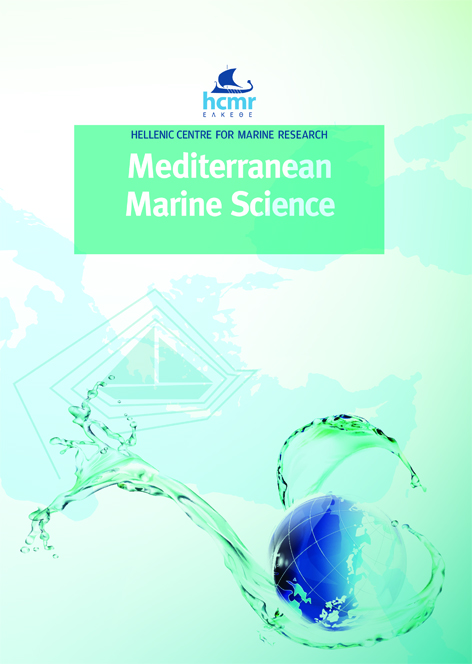Poseidon: A marine environmental monitoring, forecasting and information system for the Greek seas
Abstract
Operational Oceanography in Greece has become a necessity today, since it can provide aid to find solutions on problems related to societal, economic, environmental and scientific issues. Most of the Greek coastal regions are under pressure, susceptible to damages due to the increasing tendency of the population to move from the inland to the coast, marine environmental pollution, competitive development of the coastal market sector, etc. Moreover, the complex geomorphology of the coastal areas and the interdependence between natural processes and human activities causes significant alterations in this delicate environment. A rational treatment of these problems can be based on integrated coastal zone management (ICZM). An absolutely necessary means for establishing ICZM is the operation of marine moni- toring systems. Such a system ("POSEIDON system") is under implementation by the National Centre for Marine Research. POSEIDON is a comprehensive marine monitoring and forecasting system, that aims to improve environmental surveillance and facilitate sea transport, rescue and safety of life at sea, fishing and aquaculture, protection of the marine ecosystem, etc. POSEIDON is expected to enhance considerably the capabilities to manage, protect and develop the marine resources of the Greek Seas and to promote Greek Operational Oceanography.
Article Details
- How to Cite
-
SOUKISSIAN, T., & CHRONIS, G. (2000). Poseidon: A marine environmental monitoring, forecasting and information system for the Greek seas. Mediterranean Marine Science, 1(1), 71–78. https://doi.org/10.12681/mms.12
- Issue
- Vol. 1 No. 1 (2000)
- Section
- Research Article
Authors who publish with this journal agree to the following terms:
- Authors retain copyright and grant the journal right of first publication with the work simultaneously licensed under a Creative Commons Attribution Non-Commercial License that allows others to share the work with an acknowledgement of the work's authorship and initial publication in this journal.
- Authors are able to enter into separate, additional contractual arrangements for the non-exclusive distribution of the journal's published version of the work (e.g. post it to an institutional repository or publish it in a book), with an acknowledgement of its initial publication in this journal.
- Authors are permitted and encouraged to post their work online (preferably in institutional repositories or on their website) prior to and during the submission process, as it can lead to productive exchanges, as well as earlier and greater citation of published work (See The Effect of Open Access).






